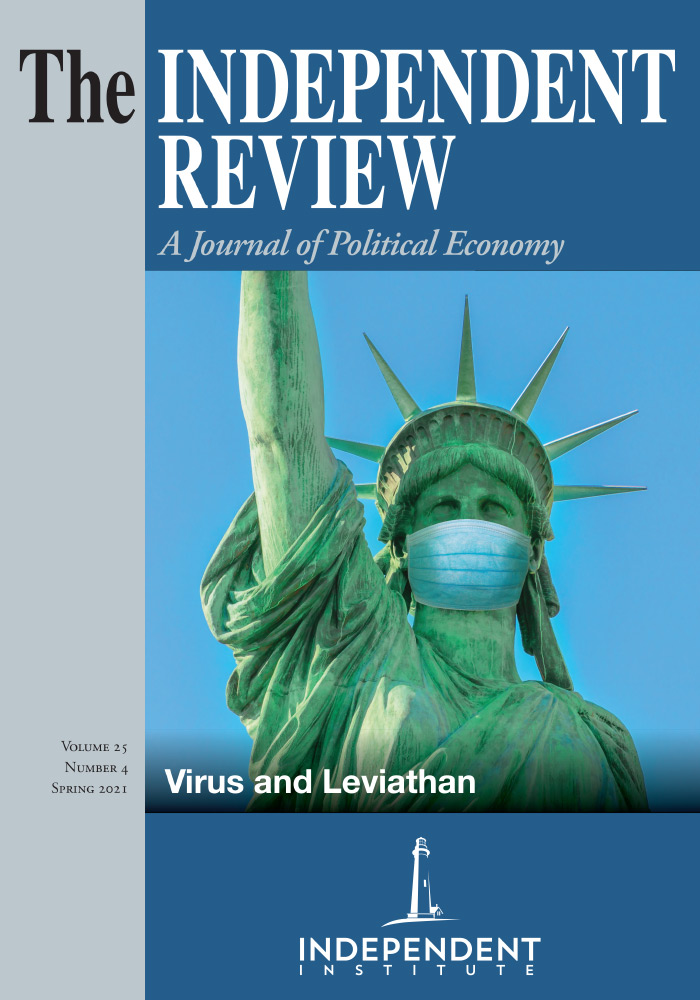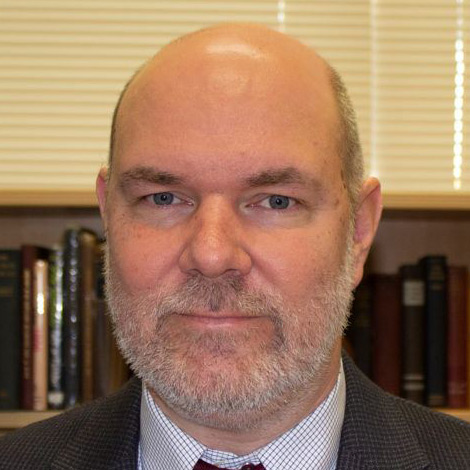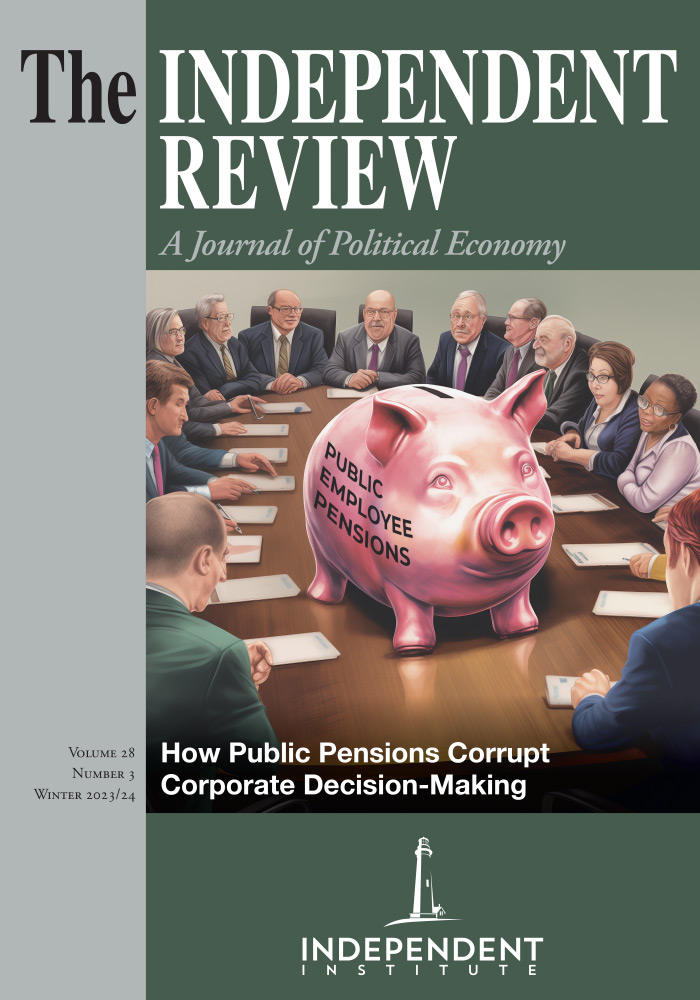Over the course of just two weeks in mid-March 2020, most of the world went
into a state of general lockdown in response to the novel coronavirus disease
2019 (COVID-19). This rapid shift in public-health policy implemented a
suite of countermeasures referred to as nonpharmaceutical interventions (NPIs),
including wide-scale “nonessential” business closures, event cancellations, school
closures, numerical restrictions on gathering sizes, suspensions of international
travel, and shelter-in-place orders—all intended to reduce or mitigate the
transmission of the virus. Although initially presented as short-term emergency
measures to “flatten the curve” of demand for hospital capacity, many of these
responses quickly morphed into persistent policies for the duration of the pandemic.











